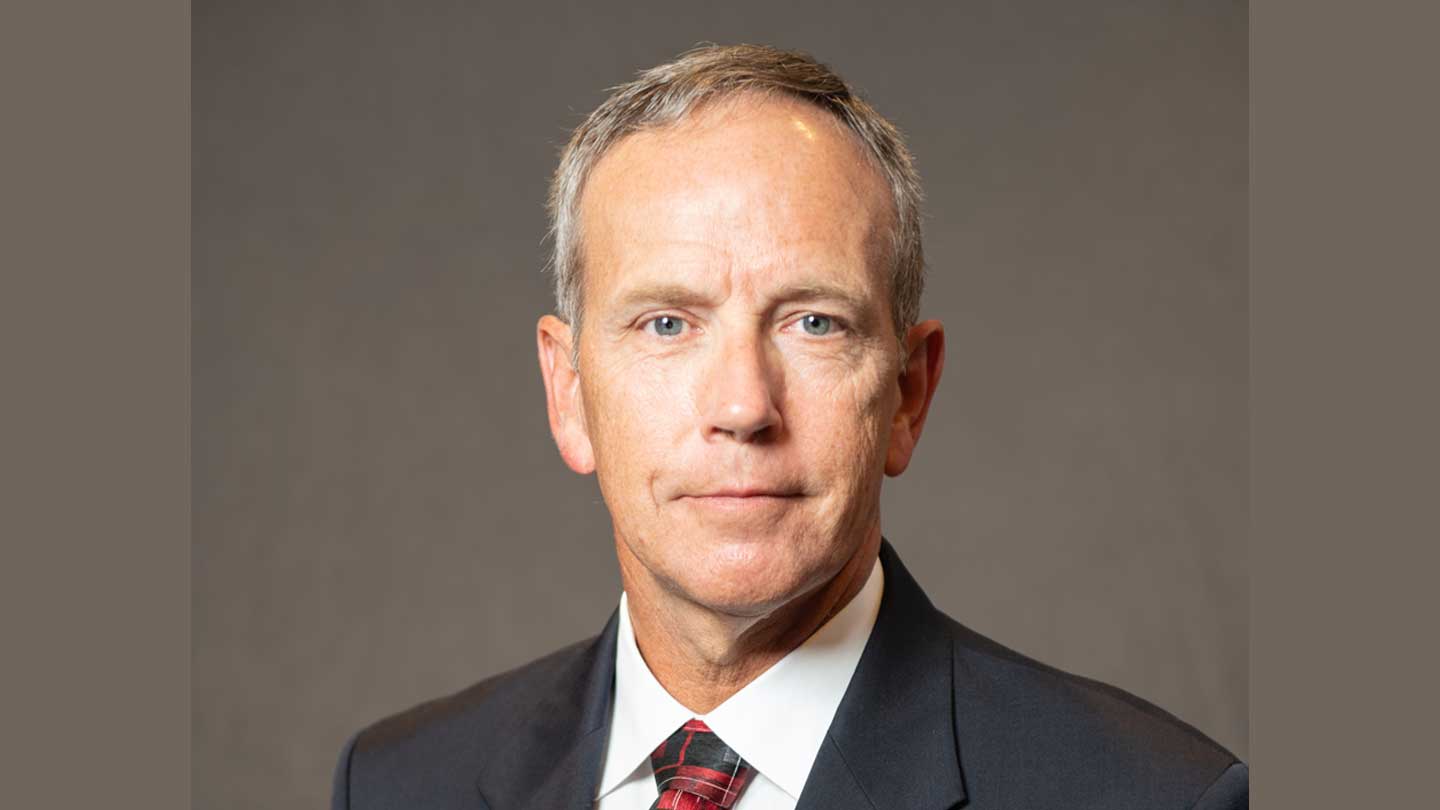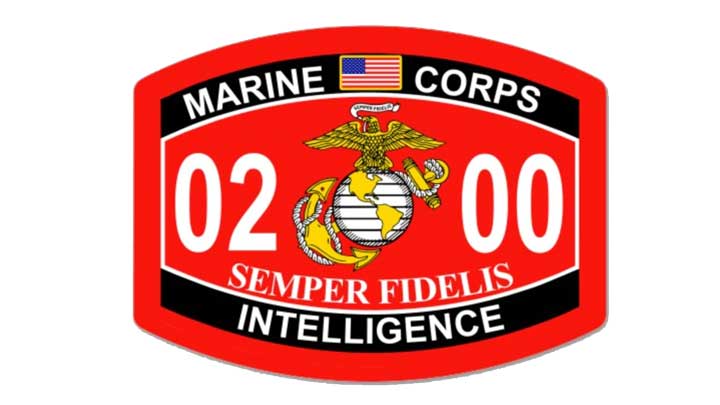UAH CAHS alumnus Mark Chandler forges uncommon path from the humanities to U.S. national security and intelligence career

Mark S. Chandler, alumnus of College of Arts, Humanities & Social Sciences at The University of Alabama in Huntsville.
Mark S. Chandler, an alumnus of The University of Alabama in Huntsville (UAH), a part of The University of Alabama System, took a fascinating route from the UAH College of Arts, Humanities & Social Sciences to forge a 38-year career in U.S. national security and intelligence as a Senior Executive Intelligence Officer, crisscrossing the globe in support of national security, intelligence, military and international policy missions.
Currently a Professor of Practice and Director of Government Relations for the National Intelligence Community at Coastal Carolina University (CCU), Chandler formerly held a number of Department of Defense (DOD) roles where he analyzed, planned, participated in and advised on many key national security challenges. As a 21-year Marine Corps Intelligence Officer, he served in various operational and leadership positions as well, including Desert Shield/Storm in 1990 - 91 and Operation Iraqi Freedom in 2003, including tours in Europe, the Middle East, Asia and across the U.S
“That was a true experience for a kid from small-town Alabama to have the chance to travel to all those places, learn about each of them and their people, then pass that awareness along,” Chandler says.

Most recently, the alumnus is the author of The Israel-Hamas War; Making the Complex, Comprehensible, published in July 2025, a work based on over 80 media interviews he made during the war.
“I wanted to help people understand this war, its origins and this region,” Chandler says. “I want people to walk away from reading the book with a better understanding of war, strategy, national security and the intelligence process by gaining insight into one of the most complex regions of the world.”
The former intelligence officer explains that his unusual educational journey helped inform and craft his later roles in ways likely difficult to imagine for a young student.
“I was a first-generation college student,” the alumnus explains. “I worked full-time to help pay for college, then got a Resident Assistant (RA) position that helped me get involved in student government where I was eventually elected SGA President my senior year.”
Chandler began life at UAH as a business major, but soon transitioned to political science. “I think I was most influenced by one particular professor at UAH – Dr. John MacDougall in international relations,” the alumnus says. “He had real-world experience and could bridge the academics with real-life experiences.”
He also appeared in several UAH theater department plays. “I’m naturally an introvert, shy and nervous in public environments, and that helped me learn communicating and public speaking,” he says.
With a minor in communication arts, Chandler notes he learned a lot about human interaction and communicating a message, both vital in the intelligence field.
“If we cannot communicate our message in intelligence, it does not matter how smart or how right we are, we will not be able to help our customers understand.”
Chandler joined the Marine Corps Reserve during college and felt naturally drawn to learning about the world and national security.
“I could have ended up in any military specialty but was fortunate to be selected for intelligence,” the alumnus says. “I had some ability to piece together a confusing puzzle when you don’t have all the pieces. My original intent was to serve my country for four years, gain some leadership experience, then get a job in the civilian world applying what I had learned.”
Making room to grow
Chandler took that knowledge to the field, becoming involved in some of the country’s most significant national security and international relations events.
“I think that involvement helped grow my knowledge and awareness of the international world and what could happen that would involve the United States – whether we wanted to be or not. I’ve seen the good, the bad and the ugly of what can happen in the world. There were times I helped in the evacuation of American citizens when countries were in a state of collapse, as well as the rescue of citizens from terrorists around the world – some of which were in the news and some not.”
Chandler says the two wars he served in “probably were the most personally challenging environments for doing the intelligence mission in the face of immediate and critical challenges. Lives were on the line – you must do your job to the best of your ability, because your brothers and sisters in arms are depending on you. Conversely, my assignment as a Senior Civilian Executive as Deputy J2 of the Joint Chiefs of Staff (JCS), the highest-ranking civilian in intelligence on the JCS, was probably the most challenging and rewarding job outside of combat intelligence.”
Chandler was only the second civilian to ever hold that title in the history of the JCS, a particularly demanding position. “That entire time in the J2 offices was 24/7 – 365,” he says. “I was never really off for three-and-a-half years. But it was a Ph.D.-level course in leadership, intelligence, national decision-making and international relations.”
As to advice for someone following in his footsteps today, the alumnus points out the importance of being ready to change when change is needed.
“Have a plan, have an idea, but be flexible and willing to try new things. I never would have guessed I’d be where I am today having taken the path I took. Don’t be locked into any single idea, because the world and life may have different plans for you. Do not close any doors because you’re not sure what’s on the other side.”
Considering the importance of a degree in the humanities, Chandler is just as quick with his advice.
“What we can learn and do with this type of degree is to think – not just in your professional life, but also in your personal life. Grow your knowledge. That’s something I started at UAH, and that I’ve done throughout my career and even today – I’m still learning.”
